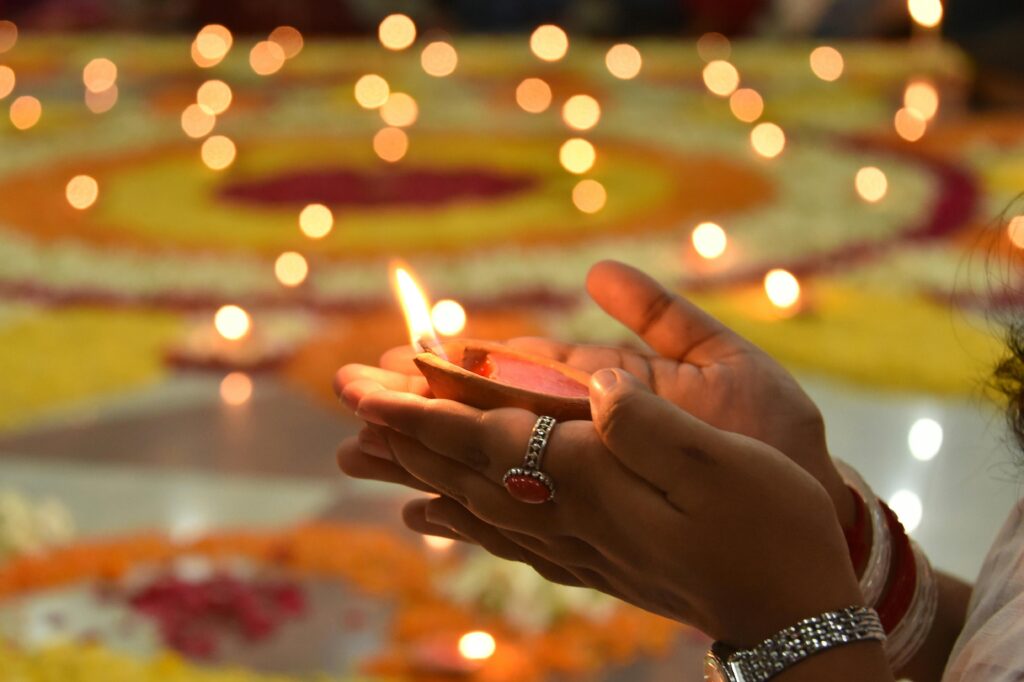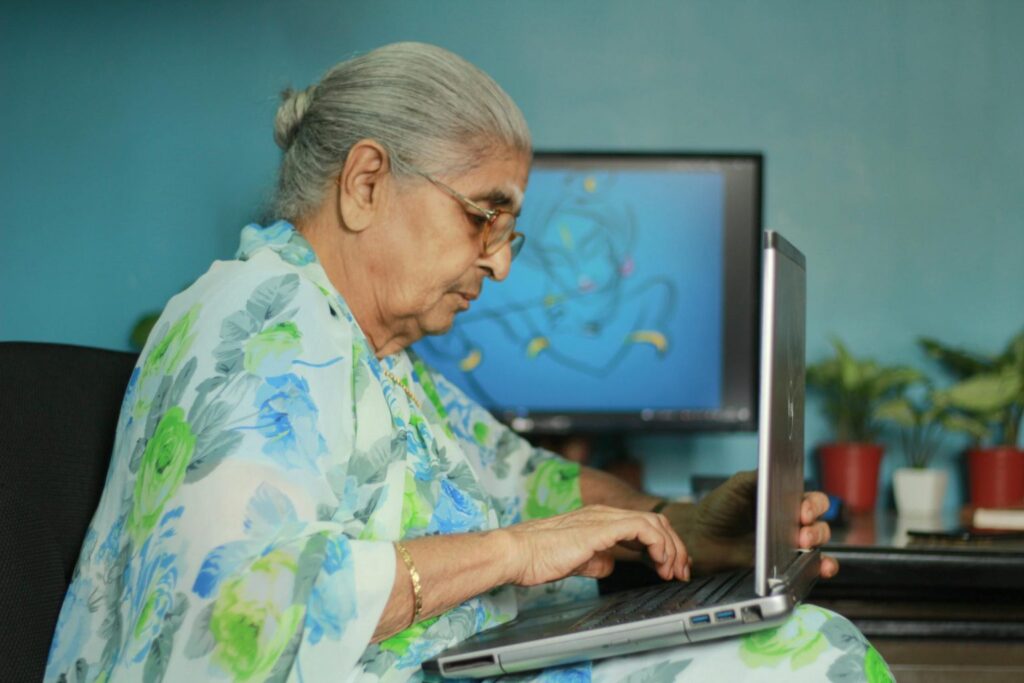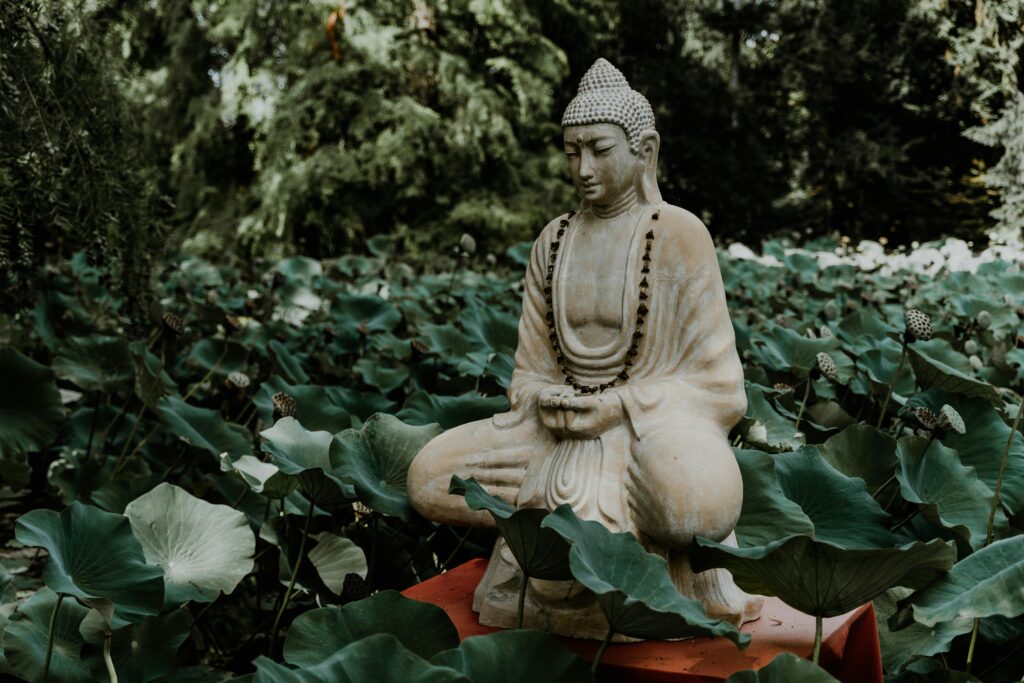When we talk about mental health today, many think it’s a modern concern. But the truth is, our ancestors in India were thinking about the mind, emotions, and wellbeing thousands of years ago. Ancient Indian texts, practices, and daily routines were surprisingly tuned to mental health long before psychology became a science.
The Mind in Ayurveda
Ayurveda, the traditional Indian system of medicine, recognized the connection between body and mind. Ancient texts described three doshas — Vata, Pitta, and Kapha — and explained how imbalances in these energies could affect not just physical health but mental wellbeing.
For example:
- Vata imbalance was linked to anxiety, fear, and restlessness.
- Pitta imbalance could cause irritability and anger.
- Kapha imbalance might bring depression or lethargy.
Ayurveda offered remedies not only through herbs and diet but also through routines that nurtured calmness of mind. A daily rhythm of meditation, gentle exercise, and proper sleep was considered as important as food.
Yoga: Moving for the Mind
Yoga wasn’t just about flexibility or fitness; it was an early form of mental health therapy. Ancient sages recognized that the mind is restless when the body is inactive.
- Pranayama (breathing exercises) helped control the mind, reduce anxiety, and improve focus.
- Asanas (postures) strengthened the body while also calming thoughts.
- Dhyana (meditation) trained attention and helped manage stress and grief.
Even today, these practices are celebrated worldwide for their mental health benefits. Our ancestors knew the power of breath, stillness, and movement long before modern therapy did.
The Role of Community and Rituals
Mental health in ancient India wasn’t only personal; it was social. Festivals, community gatherings, and rituals played a huge role in supporting emotional wellbeing.
- Festivals like Diwali or Holi created shared joy, helping people break the monotony of daily life.
- Storytelling and oral traditions passed down wisdom, offered moral guidance, and provided an outlet for reflection.
- Pilgrimages and temples weren’t just spiritual—they were spaces for calm, reflection, and social connection.
Even everyday routines like sharing meals, helping neighbors, or taking walks in the village or garden had subtle mental health benefits. Our ancestors understood that a connected mind was a healthy mind.
Meditation and Mindfulness in Daily Life
Ancient Indian thinkers believed that mental health required regular care. Meditation, chanting, and even mindful work were recommended to prevent stress and negative emotions.
- Mindful chores: Washing, cooking, and cleaning were approached as meditative acts, not just tasks.
- Chanting mantras: Simple repetition of words like “Om” was seen as calming for the mind and energizing for the body.
- Journaling or reflection: Philosophical texts like the Upanishads encouraged self-reflection and understanding one’s thoughts.
These practices show a sophisticated understanding: mental health is not just about avoiding illness—it’s about nurturing balance, joy, and clarity.
Lessons for Today
While modern life is different, there’s much we can borrow from the past:
- Routine matters: A consistent sleep, meal, and movement schedule keeps both body and mind balanced.
- Movement is medicine: Even gentle stretching or walking can calm the mind.
- Community and connection: Time spent with family, friends, or neighbors reduces stress.
- Mindfulness works: Simple meditation, deep breathing, or reflective journaling can be done anywhere, anytime.
- Joy in rituals: Little celebrations, storytelling, and shared meals nourish the soul.
A Modern Take on Ancient Wisdom
Imagine starting your day with a few minutes of mindful breathing, helping your grandchildren with a game or puzzle, tending to your plants, or taking a quiet evening walk in your neighborhood. These aren’t just pleasant habits—they’re rooted in thousands of years of wisdom that kept minds calm, focused, and happy.
💬 Your Turn!
Did you practice any routines, rituals, or habits that calm your mind, inspired by family traditions or old teachings?
Share your thoughts and experiences in the comments — you might inspire someone else to try them.
And if you enjoyed this journey into ancient wisdom, share this blog with friends and family. Let’s spread calm, clarity, and connection together!






